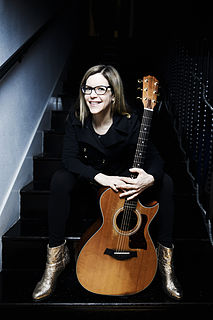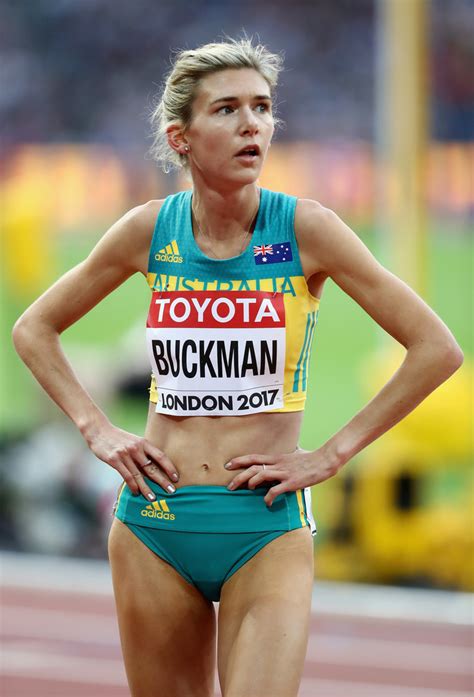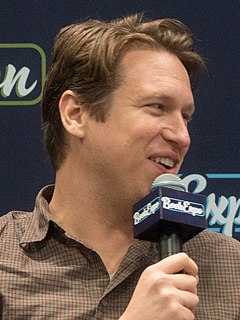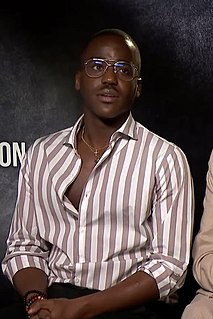A Quote by Jennifer Weiner
I grew up with a feminist mom and the understanding that, as someone coming from a position of (relative) privilege, it was my job to speak up when things weren't fair.
Related Quotes
I grew up with a single mom who was a waitress. We were on food stamps. My mom then got Pell Grants, put herself through college to get a degree to get a better job. Because we were broke, I then had to go to a state school. I went to Temple University, and had to get loans. So I grew up in a world where I saw the government helping individuals pull themselves up, and saw it work very successfully.
I have never been political, which for a straight white man that's kind of a byproduct of privilege growing up that I was kind of like, "Who cares who the president is, everything is coming up privilege." But now things are so scary and crazy and I have to say I'm not a fan of Trump at all. I don't agree with him in any way.
I grew up in a world where authority was female. I never thought to call myself a feminist because of branding. I had this skewed idea of feminist: I thought it meant being a woman who hates men. When I read Chimamanda Ngozi Adichie's We Should All Be Feminists, I was like, "Oh, this is what my mom taught me. This is simple. I don't understand why everybody is not this."






































